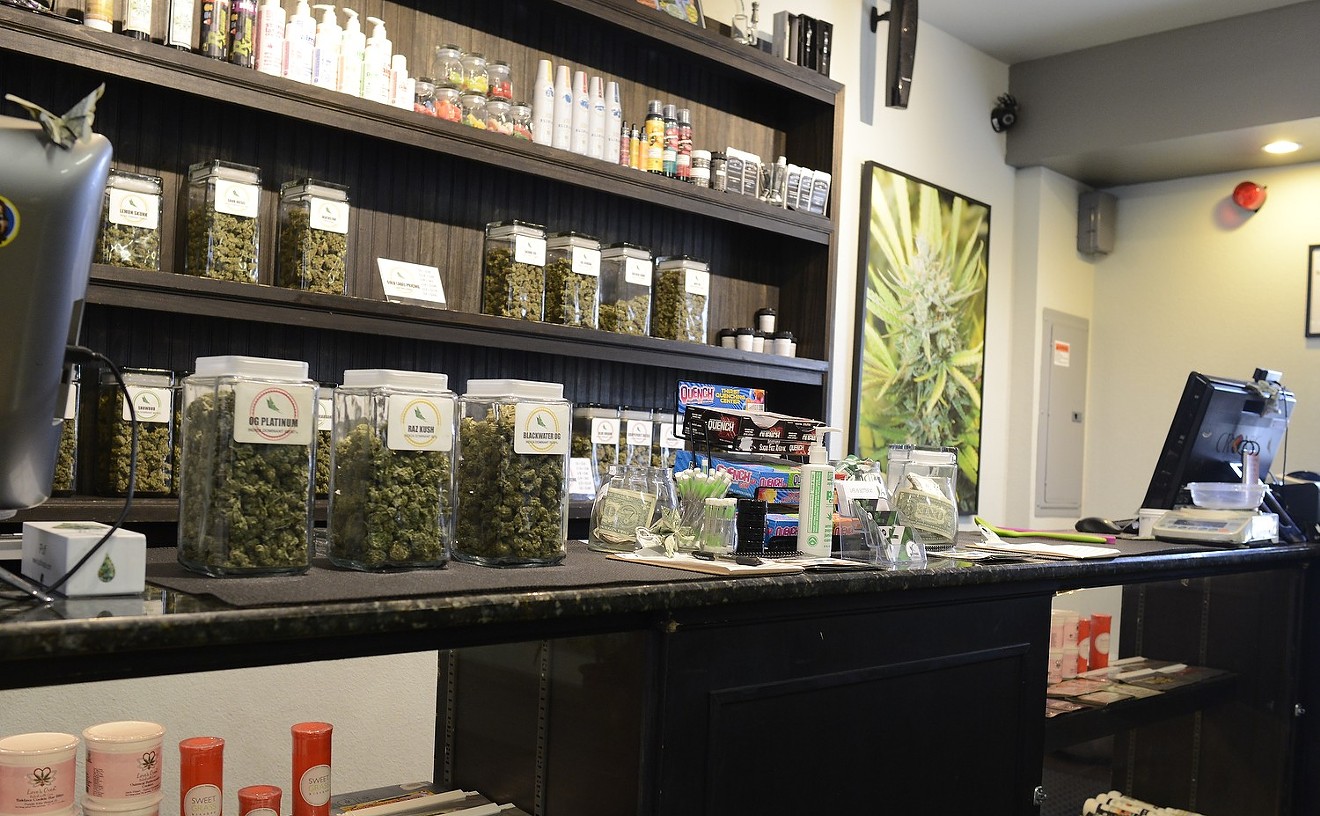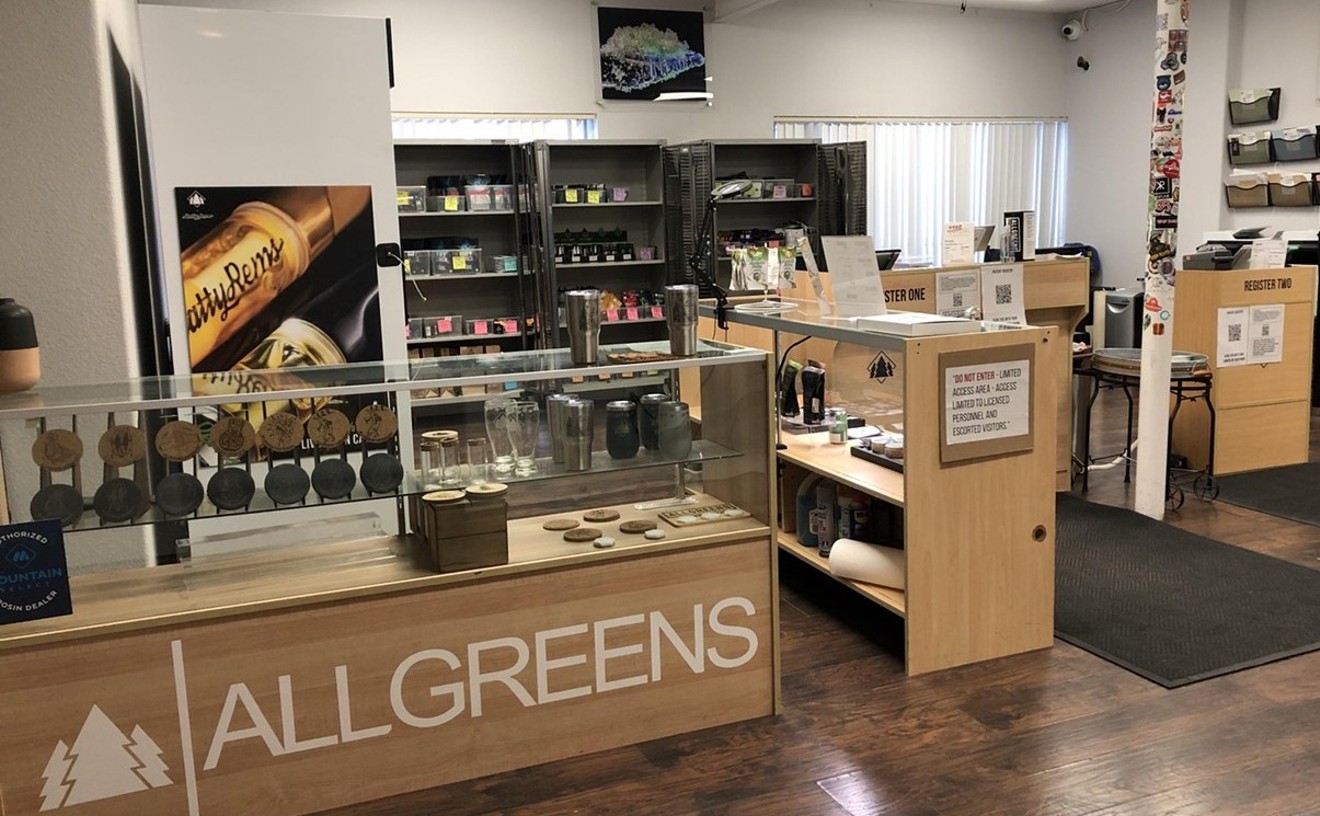Hemp and marijuana are considered two different plants under state law, but the aroma is all the same to noses in Pitkin County.
After residential outcries over odor from a hemp farm in Emma, an unincorporated area off of State Highway 82, Pitkin County commissioners thought it was time to reassess their oversight on industrial hemp. During a hearing in late March, the board voted 4-1 to pass an ordinance requiring additional rules for prospective hemp farmers.
Legalized federally in 2018, hemp farming has been allowed at the state level in Colorado since 2014, when recreational marijuana was legalized. The state Department of Agriculture's requirements and restrictions for a hemp farming license are relatively loose compared to high-THC marijuana, with no special review process for registered hemp farms. However, local governments can add their own regulations.
Pitkin County's new law requires hemp cultivators to apply for a separate permit from the county for growing hemp, on top of registering the crop with the Colorado Department of Agriculture.
“I was afraid that it was just going to open up a can of worms.” says Pitkin County Commissioner Francie Jacober, the lone commissioner to vote against the rule. "During the process of going through the hearings in front of the county commissioners, different caucuses in Pitkin County wrote to us and wanted to ban all hemp growth."
The new rules requires prospective hemp farmers to submit a special review application with the county, which will then decide whether the proposed property and surrounding zones are appropriate for hemp cultivation. A farm's proximity to residential areas and surrounding developments will also be reviewed under the new regulations, with the County Board of Commissioners now required to conduct an annual review of local hemp cultivation, as well.
According to the board, residents near Emma argued that the smell of hemp would lower property values and negatively impact their quality of life. However, only one of Pitkin County's three hemp farms received complaints from Emma residents, and that farm volunteered to discontinue production — but the board worried that it was a sign of issues to come.
According to Pitkin County Attorney John Ely, the county tried to convince the CDA to notify Pitkin County every time a new hemp application in the area came in, but that was rejected by the CDA. As a last resort, the county decided to use its own authority and enact new land-use regulations through a special review process for hemp cultivators.
Ely believes the new law is an effective way of balancing competing interests among hemp farmers and residents, and argues there will be little negative impact on local hemp growers. As long as a hemp cultivation plot isn't surrounded by developed property or residential lines, he says, it's likely that an application to grow will be approved.
“We don’t want to burden anybody who is trying to do some kind of agricultural activity, hemp included," Ely says. "But on the other hand, hemp is a different sort of crop. It’s a crop that you have to actually register with the state. And it seems to be the only crop that really produces any kind of negative reaction from people who are around it."
[
{
"name": "Air - MediumRectangle - Inline Content - Mobile Display Size",
"component": "12017618",
"insertPoint": "2",
"requiredCountToDisplay": "2"
},{
"name": "Editor Picks",
"component": "17242653",
"insertPoint": "4",
"requiredCountToDisplay": "1"
},{
"name": "Inline Links",
"component": "18838239",
"insertPoint": "8th",
"startingPoint": 8,
"requiredCountToDisplay": "7",
"maxInsertions": 25
},{
"name": "Air - MediumRectangle - Combo - Inline Content",
"component": "17261320",
"insertPoint": "8th",
"startingPoint": 8,
"requiredCountToDisplay": "7",
"maxInsertions": 25
},{
"name": "Inline Links",
"component": "18838239",
"insertPoint": "8th",
"startingPoint": 12,
"requiredCountToDisplay": "11",
"maxInsertions": 25
},{
"name": "Air - Leaderboard Tower - Combo - Inline Content",
"component": "17261321",
"insertPoint": "8th",
"startingPoint": 12,
"requiredCountToDisplay": "11",
"maxInsertions": 25
}
]












